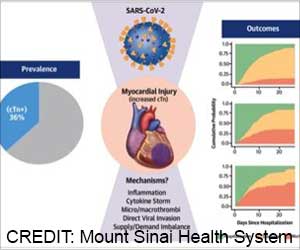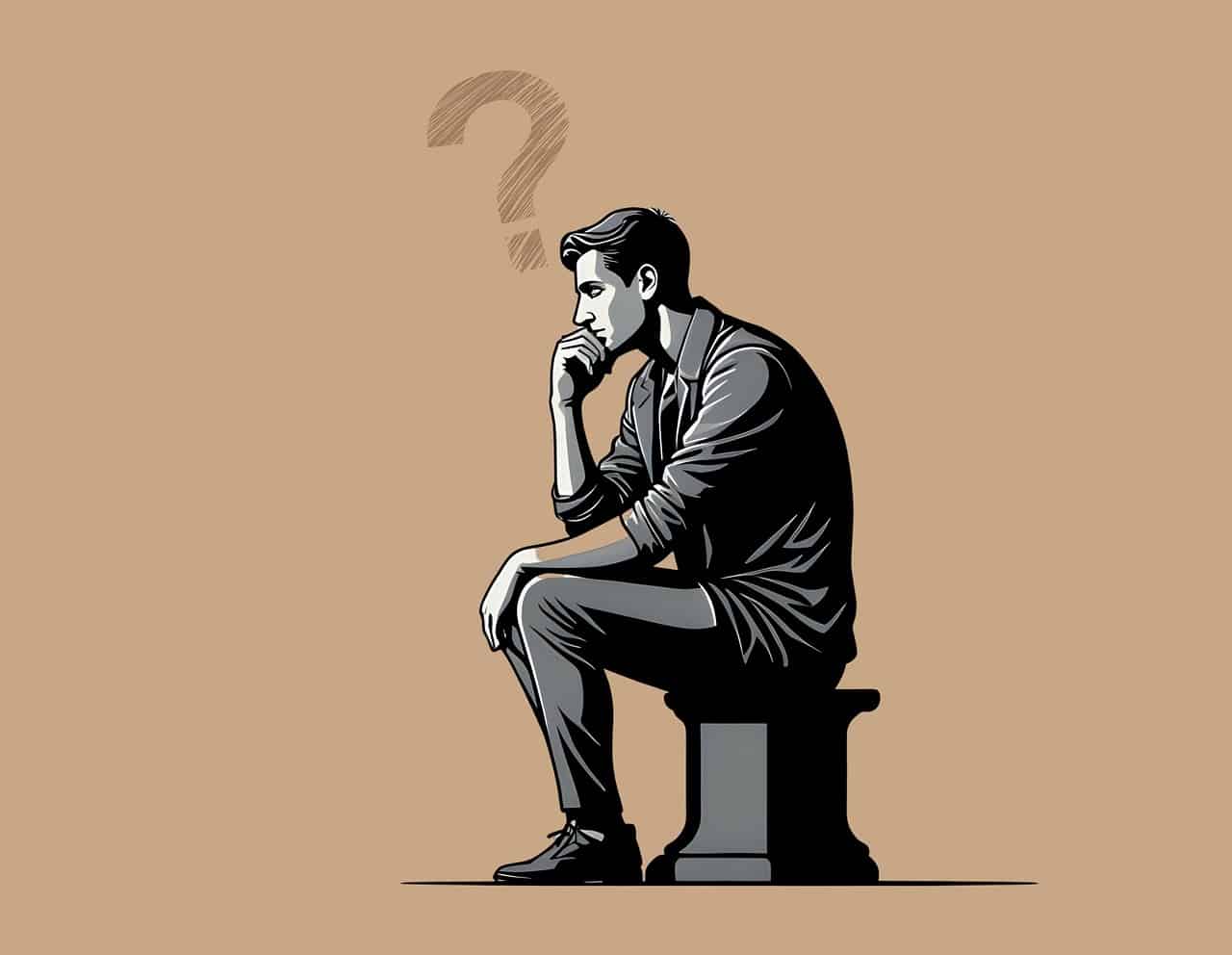The findings were recently presented at the annual meeting of the Radiological Society of North America.
While the findings have not yet been peer-reviewed, they do mirror more recent research that has shown the risk of college athletes developing myocarditis from COVID infections ranges from 0 to 3 percent.
“If athletes have COVID-19 and develop mild or no symptoms and their initial cardiac testing is negative, it’s very unlikely they’ll have myocarditis,” said Neo Poyiadji, M.D., a fourth-year radiology resident at Henry Ford and the study’s lead author.
The athletes studied ranged in age from 18 to 23 years old and all but two were male. They represented a cross-section of sports, but the majority played football.
Each athlete underwent a cardiac MRI, an imaging test used to diagnose a broad range of heart abnormalities like congenital heart defects, tumors, defective valves, and myocarditis.
Cardiac MRI is performed using gadolinium contrast injected intravenously into the body to enhance the quality of the images being taken. The imaging scans were interpreted by cardiothoracic fellowship-trained radiologists in collaboration with Henry Ford cardiologists.
They emphasized that performing a cardiac MRI on every college athlete who tests positive for COVID is an unnecessary use of medical testing resources and we should limit their exposure to gadolinium.
Researchers recommend cardiac MRI only on those who have cardiac abnormalities on an echocardiogram, have persistent symptoms, or have heart rhythm problems despite initial negative testing.
Source: Medindia



